

Articles
How To Store Sprouts In Fridge
Modified: December 7, 2023
Learn how to store sprouts in the fridge and keep them fresh for longer with these helpful articles.
(Many of the links in this article redirect to a specific reviewed product. Your purchase of these products through affiliate links helps to generate commission for Storables.com, at no extra cost. Learn more)
Introduction
Welcome to our guide on how to store sprouts in the fridge! Sprouts are a nutritious and versatile addition to any meal, but they can quickly spoil if not stored properly. Whether you enjoy bean sprouts, alfalfa sprouts, or broccoli sprouts, it’s essential to understand the best practices for storing them to maintain their freshness and quality.
Storing sprouts in the fridge not only helps extend their shelf life but also prevents bacterial growth that can lead to foodborne illnesses. By following a few simple steps and avoiding common mistakes, you can ensure that your sprouts stay fresh and crisp for as long as possible.
In this article, we will explore the importance of storing sprouts properly, provide you with the best practices for storing sprouts in the fridge, and guide you through a step-by-step process to store sprouts effectively. We will also highlight some common mistakes to avoid and answer frequently asked questions about sprout storage.
So, let’s dive in and learn how to store sprouts in the fridge to maximize their freshness and nutritional value!
Key Takeaways:
- Properly storing sprouts in the fridge maintains their freshness, safety, and nutritional value, ensuring longer shelf life and cost savings while making meal preparation more convenient.
- Avoid common mistakes like storing wet sprouts, using non-airtight containers, and neglecting to check for spoilage regularly to ensure your sprouts stay fresh, safe, and of the highest quality.
Read more: How To Store Brussel Sprouts In The Fridge
Importance of Storing Sprouts Properly
Proper storage of sprouts is crucial for maintaining their taste, texture, and nutritional value. Here are a few reasons why storing sprouts properly is important:
- Freshness: When sprouts are stored correctly, they retain their freshness for a longer period. Fresh sprouts not only taste better but also contain more vitamins, minerals, and enzymes that are beneficial for our health.
- Safety: Sprouts are prone to bacterial contamination, especially if they are not stored properly. Bacteria like E. coli and Salmonella can thrive in the moist conditions that sprouts require for growth. By storing sprouts in the fridge, you can minimize the risk of bacterial growth and foodborne illnesses.
- Extend Shelf Life: Sprouts have a relatively short shelf life compared to other vegetables. By storing them properly, you can extend their freshness and prevent them from spoiling too quickly. This helps reduce waste and ensures that you can enjoy sprouts for longer.
- Cost Savings: When sprouts spoil, it can be a waste of money. By storing them properly, you can reduce the chances of wastage and save on your grocery bill.
- Convenience: Properly storing sprouts makes it easier to incorporate them into your meals. When you have fresh, crisp sprouts readily available in the fridge, you can effortlessly add them to salads, sandwiches, stir-fries, and more.
By understanding the importance of storing sprouts properly, you can ensure that you get the most out of these nutritious additions to your diet. Now, let’s explore the best practices for storing sprouts in the fridge.
Best Practices for Storing Sprouts in the Fridge
Proper storage is essential to maintain the freshness and quality of sprouts in the fridge. Here are some best practices to follow when storing sprouts:
- Choose Fresh Sprouts: Select fresh sprouts that have a crisp texture and vibrant color. Avoid sprouts with any signs of wilting, browning, or sliminess, as these are indications of spoilage.
- Remove Packaging: If the sprouts come in a plastic or paper packaging, remove them from the original packaging. Store them in a clean and dry container.
- Rinse Before Storage: Give the sprouts a thorough rinse with cold water before storing them. This helps remove any dirt, debris, or surface bacteria that may be present.
- Drain Excess Water: After rinsing, make sure to drain the sprouts well. Excess water can promote bacterial growth and cause the sprouts to become mushy.
- Line Container with Paper Towels: Place a layer of paper towels or a clean kitchen towel at the bottom of the storage container. This helps absorb excess moisture and keeps the sprouts dry.
- Place Sprouts in a Ziplock Bag: Transfer the rinsed and drained sprouts into a ziplock bag. Squeeze out any excess air before sealing the bag. This helps maintain a controlled environment and prevents moisture loss.
- Label and Date: It’s a good practice to label the ziplock bag with the type of sprouts and the date of storage. This way, you can easily keep track of their freshness and use them in a timely manner.
- Store in the Fridge: Place the sealed bag of sprouts in the refrigerator’s crisper drawer or a designated area where the temperature is consistently cold, preferably between 32°F and 40°F (0°C and 4°C).
By following these best practices, you can significantly increase the shelf life of sprouts and maintain their optimal freshness. Now, let’s dive into a step-by-step guide on how to store sprouts in the fridge.
Step-by-Step Guide for Storing Sprouts in the Fridge
Storing sprouts in the fridge is a simple process that can help maintain their freshness and quality. Follow these step-by-step instructions to store your sprouts effectively:
- Step 1: Select fresh sprouts: Choose fresh sprouts that are crisp and free from any signs of wilting or discoloration.
- Step 2: Rinse the sprouts: Give the sprouts a thorough rinse with cold water to remove any dirt or debris. This step also helps eliminate surface bacteria.
- Step 3: Drain excess water: After rinsing, allow the sprouts to drain well. Shake the colander gently or use a salad spinner to remove excess water.
- Step 4: Prepare the storage container: Line a clean and dry container with a layer of paper towels or a clean kitchen towel. This helps absorb excess moisture and keep the sprouts dry.
- Step 5: Transfer sprouts to a ziplock bag: Place the rinsed and drained sprouts into a ziplock bag. Squeeze out any excess air and seal the bag tightly. This helps maintain a controlled environment for the sprouts.
- Step 6: Label and date the bag: Use a marker to label the ziplock bag with the type of sprouts and the date of storage. This way, you can easily identify the sprouts and keep track of their freshness.
- Step 7: Store in the fridge: Place the sealed bag of sprouts in the refrigerator’s crisper drawer or a designated area where the temperature remains consistently cold, preferably between 32°F and 40°F (0°C and 4°C).
Following these steps will help you store sprouts properly and extend their shelf life in the fridge. Remember to check the sprouts periodically and discard any that show signs of spoilage.
Now that you know how to store sprouts in the fridge, let’s explore some common mistakes to avoid to ensure the best quality and freshness of your sprouts.
To store sprouts in the fridge, place them in a resealable plastic bag with a paper towel to absorb excess moisture. Keep them in the crisper drawer and use within 3-4 days for best quality.
Common Mistakes to Avoid when Storing Sprouts
While storing sprouts in the fridge is relatively simple, there are a few common mistakes that can impact their freshness and quality. By avoiding these mistakes, you can ensure that your sprouts stay fresh and safe to consume. Here are some common mistakes to avoid:
- Not rinsing the sprouts: Failing to rinse the sprouts before storage can lead to the presence of dirt, bacteria, or pesticides on their surface. Always give your sprouts a thorough rinse with cold water to remove any contaminants.
- Not draining excess water: If sprouts are stored with excess water, they can become mushy and spoil quickly. Make sure to drain the sprouts well after rinsing to remove any excess moisture.
- Storing wet sprouts: Moisture promotes bacterial growth and can cause sprouts to spoil faster. Always ensure that the sprouts are dry before storing them in the fridge.
- Using a non-airtight container: Sprouts need a controlled environment to stay fresh. Using a non-airtight container may lead to moisture loss or exposure to odors from other foods in the fridge. Opt for a sealed ziplock bag or an airtight container.
- Storing sprouts with other fruits or vegetables: Some fruits and vegetables release a natural gas called ethylene as they ripen, which can accelerate the spoiling process of sprouts. Keep sprouts separate from ethylene-producing produce like apples, bananas, and tomatoes.
- Not rotating the sprouts: When storing sprouts, it’s important to practice the “first in, first out” method. Use older sprouts before newer ones to prevent spoilage.
- Not checking for spoilage: Regularly inspect your stored sprouts for any signs of spoilage, such as an unpleasant odor, sliminess, or mold. Discard any sprouts that show these signs.
By avoiding these common mistakes, you can ensure that your sprouts remain fresh, safe, and of the highest quality. Now that we’ve covered the best practices and common mistakes, let’s address some frequently asked questions about storing sprouts.
Read more: How To Store Sprouts After Sprouting
Frequently Asked Questions (FAQs)
Here are some commonly asked questions regarding the storage of sprouts:
- Q: How long can sprouts be stored in the fridge?
- Q: Can I freeze sprouts for longer storage?
- Q: Can I store different types of sprouts together?
- Q: Can I store sprouts at room temperature?
- Q: How can I tell if sprouts have gone bad?
- Q: Can I store sprouts in water?
A: Generally, sprouts can be stored in the fridge for about 3 to 5 days. However, it’s best to consume them as soon as possible for optimal freshness and nutritional value.
A: While it is possible to freeze sprouts, their texture may change after thawing, resulting in a softer consistency. It’s recommended to consume sprouts fresh for the best taste and texture.
A: It’s generally recommended to store different types of sprouts separately to prevent cross-contamination of flavors and odors. This ensures that each variety retains its distinct taste and freshness.
A: It’s best to store sprouts in the fridge to maintain their freshness and extend their shelf life. Room temperature storage may cause sprouts to spoil more quickly due to the ideal conditions for bacterial growth.
A: Look for signs of spoilage such as a foul odor, sliminess, discoloration, or the presence of mold. If any of these indicators are present, it is best to discard the sprouts.
A: It’s not recommended to store sprouts in water, as it can lead to a soggy texture and faster spoilage. It’s best to drain the sprouts well after rinsing and store them in a dry container or sealed bag.
These are some of the commonly asked questions about storing sprouts. By following the proper storage techniques and guidelines, you can ensure that your sprouts stay fresh, safe, and flavorful for as long as possible.
Now, let’s conclude our guide on storing sprouts in the fridge.
Conclusion
Storing sprouts properly in the fridge is essential for maintaining their freshness, nutritional value, and safety. By following the best practices outlined in this guide, you can extend the shelf life of your sprouts and enjoy them in various dishes.
Remember to rinse the sprouts, drain excess water, and store them in a sealed container with a layer of paper towels to absorb moisture. Keep the container in the fridge, away from ethylene-producing fruits and vegetables, and practice the “first in, first out” method to use older sprouts first.
Avoid common mistakes like storing wet sprouts, using non-airtight containers, and neglecting to check for spoilage regularly. By being mindful of these mistakes, you can ensure that your sprouts stay fresh and safe to consume.
While sprouts are best consumed within a few days, it’s always advisable to double-check for signs of spoilage before consuming them. If you notice any unpleasant odors, sliminess, discoloration, or mold, it’s best to discard the sprouts.
Follow these guidelines, and you can enjoy fresh and delicious sprouts in your meals for an extended period. By storing sprouts properly, you not only maximize their nutritional benefits but also reduce food waste and save money in the long run.
So go ahead, buy some vibrant sprouts, and follow the steps we’ve provided to store them in the fridge. With the right storage techniques, you can enjoy the crispness and flavor of sprouts in your salads, sandwiches, stir-fries, and more!
Frequently Asked Questions about How To Store Sprouts In Fridge
Was this page helpful?
At Storables.com, we guarantee accurate and reliable information. Our content, validated by Expert Board Contributors, is crafted following stringent Editorial Policies. We're committed to providing you with well-researched, expert-backed insights for all your informational needs.
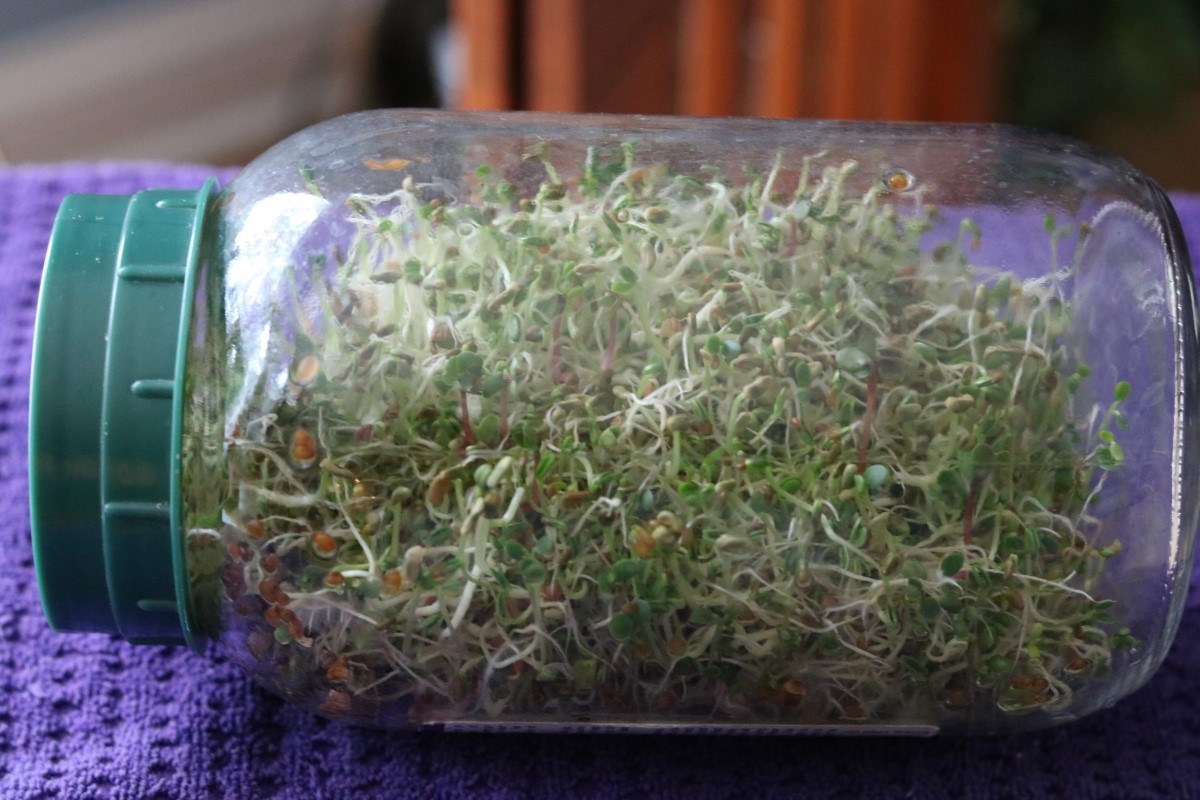

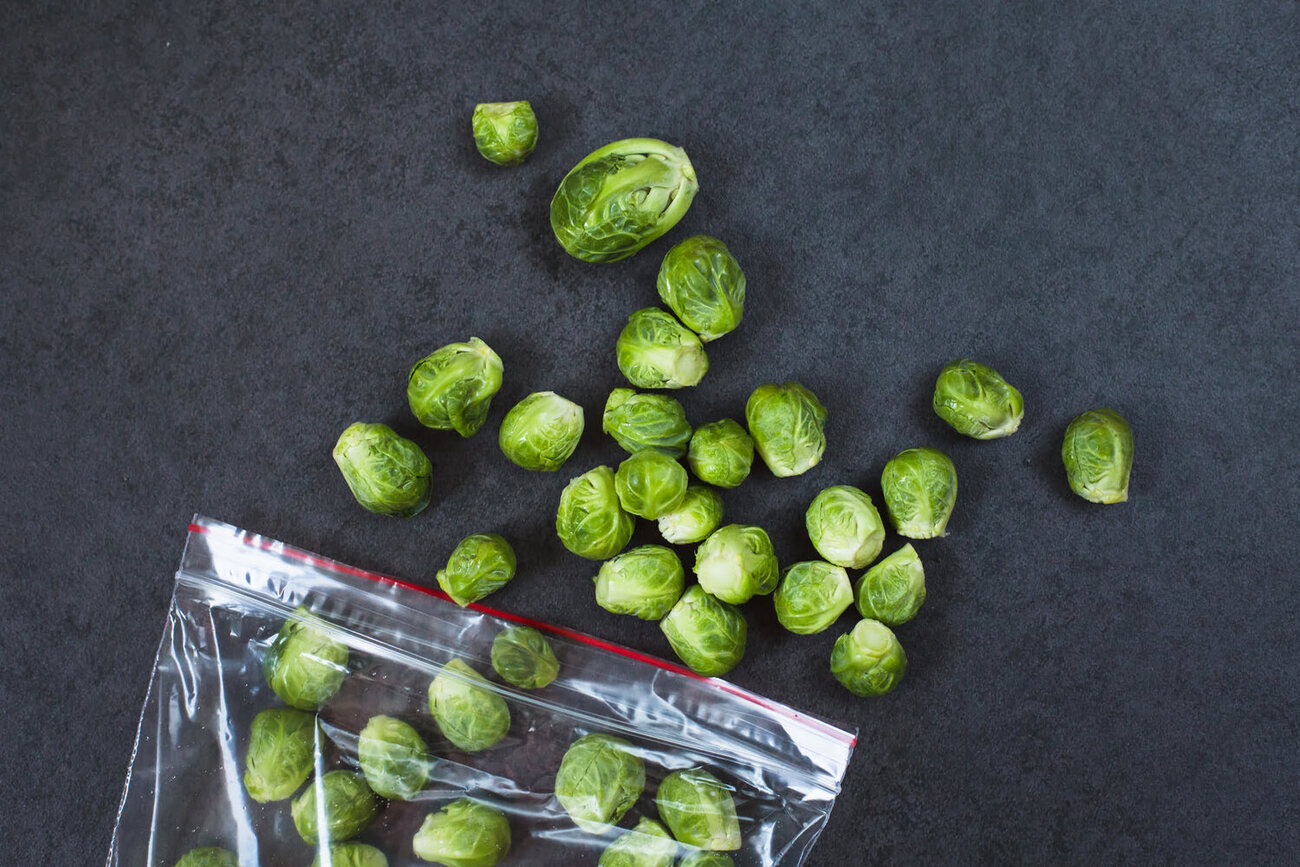
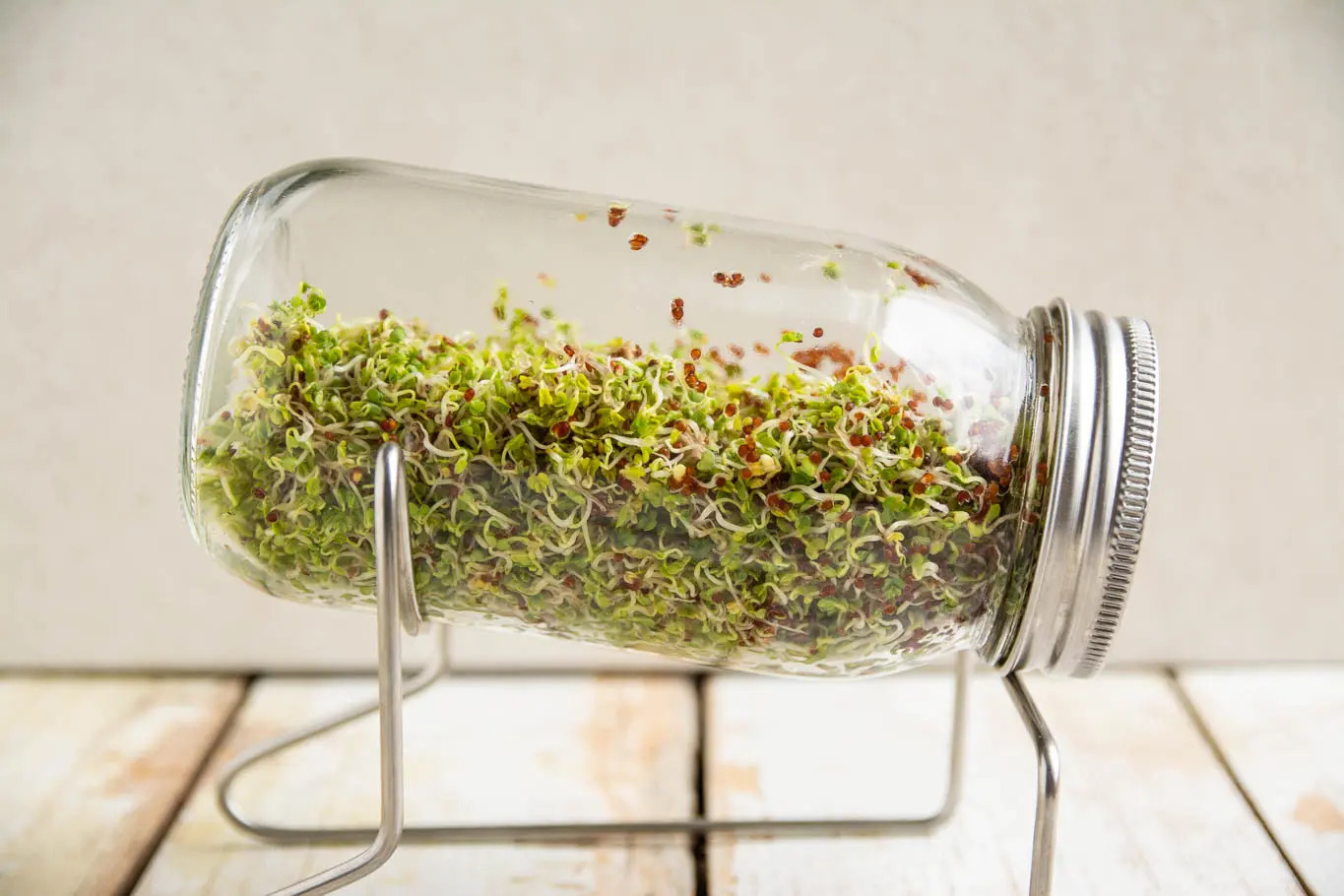

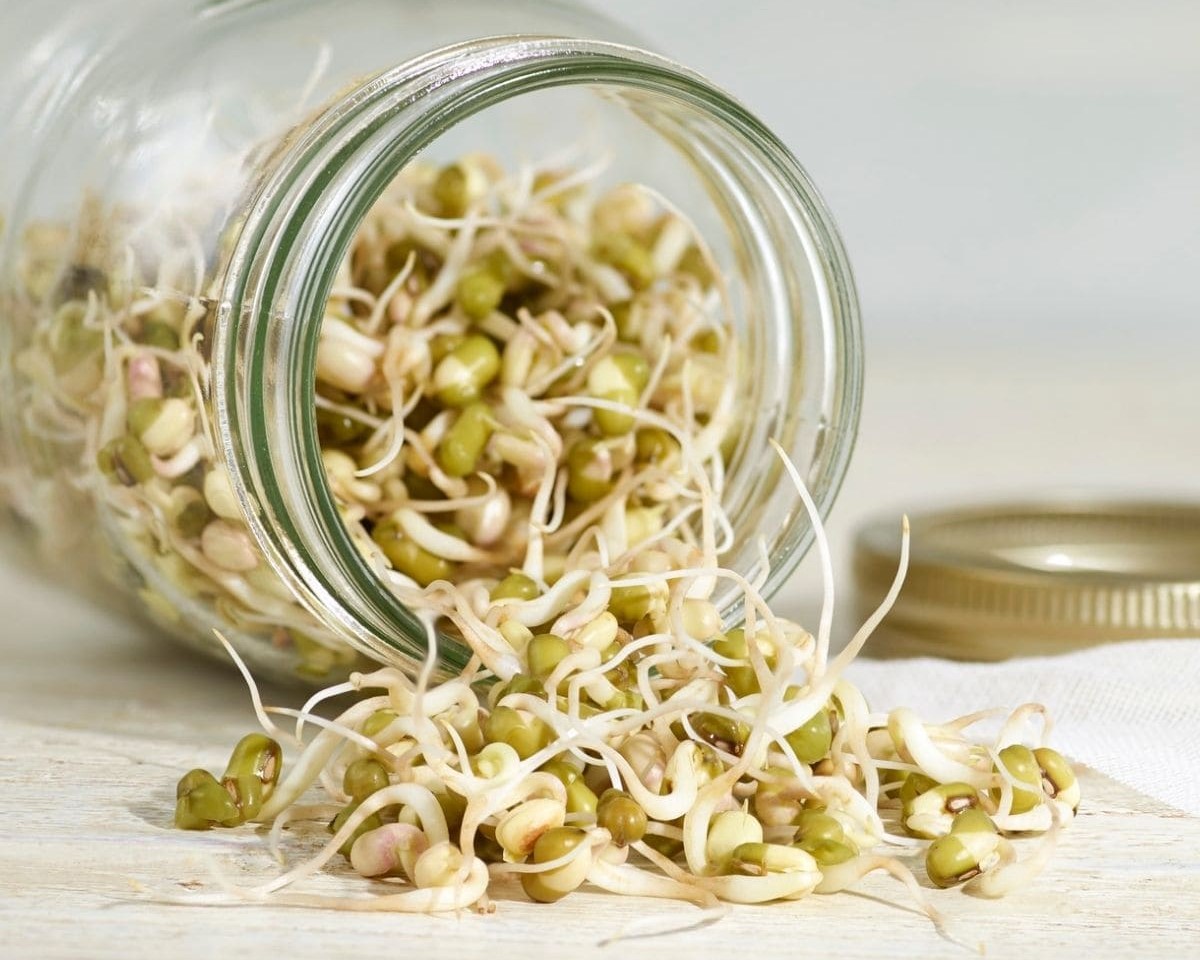
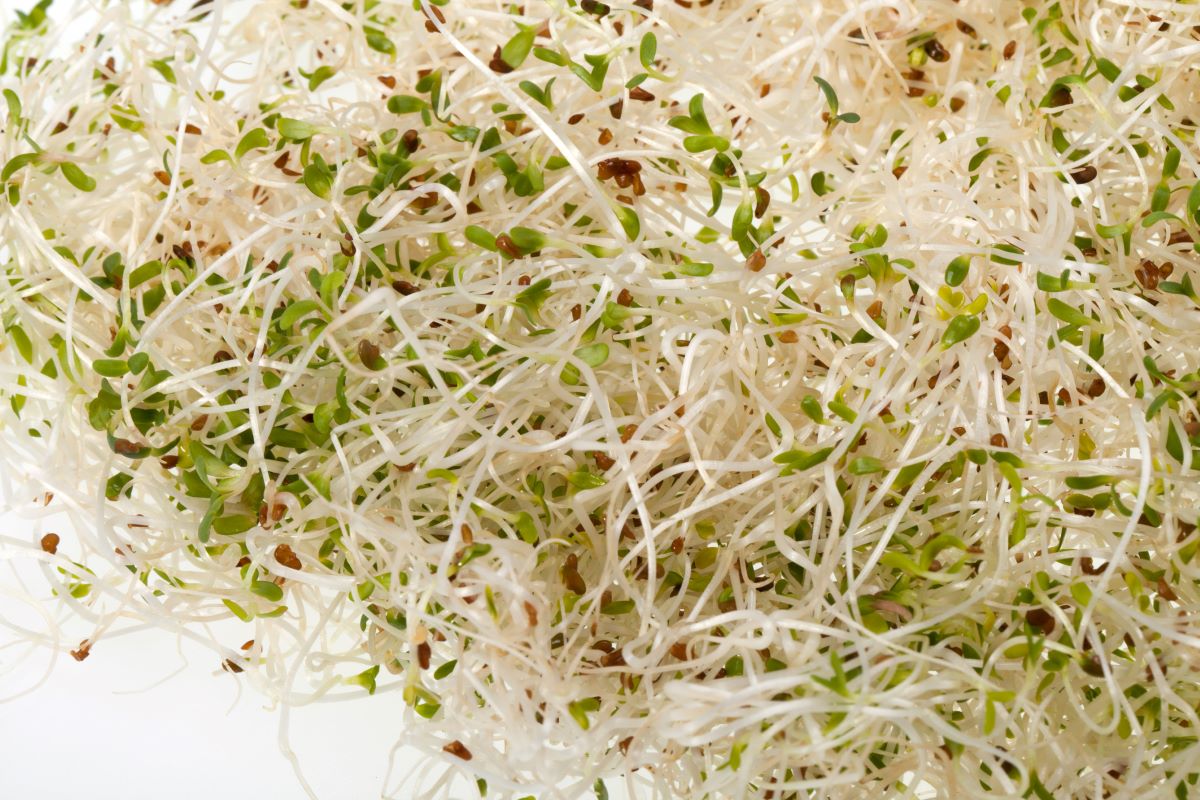
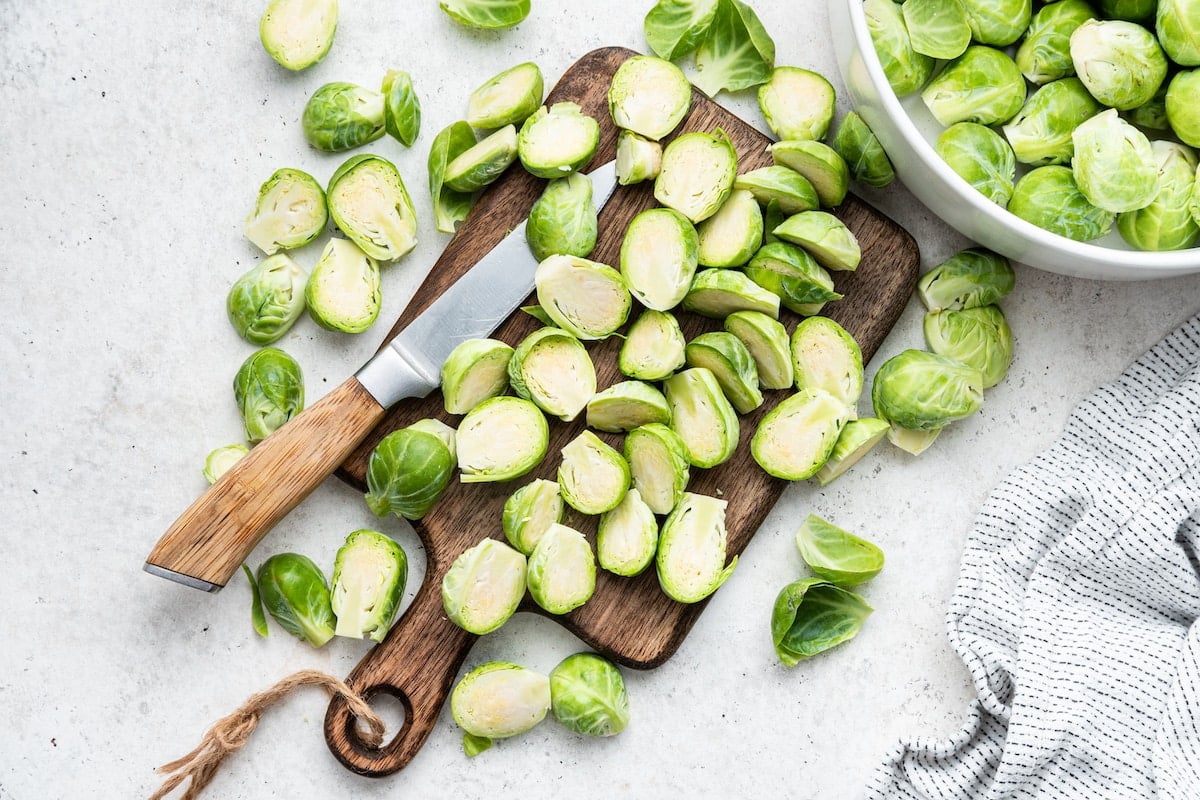
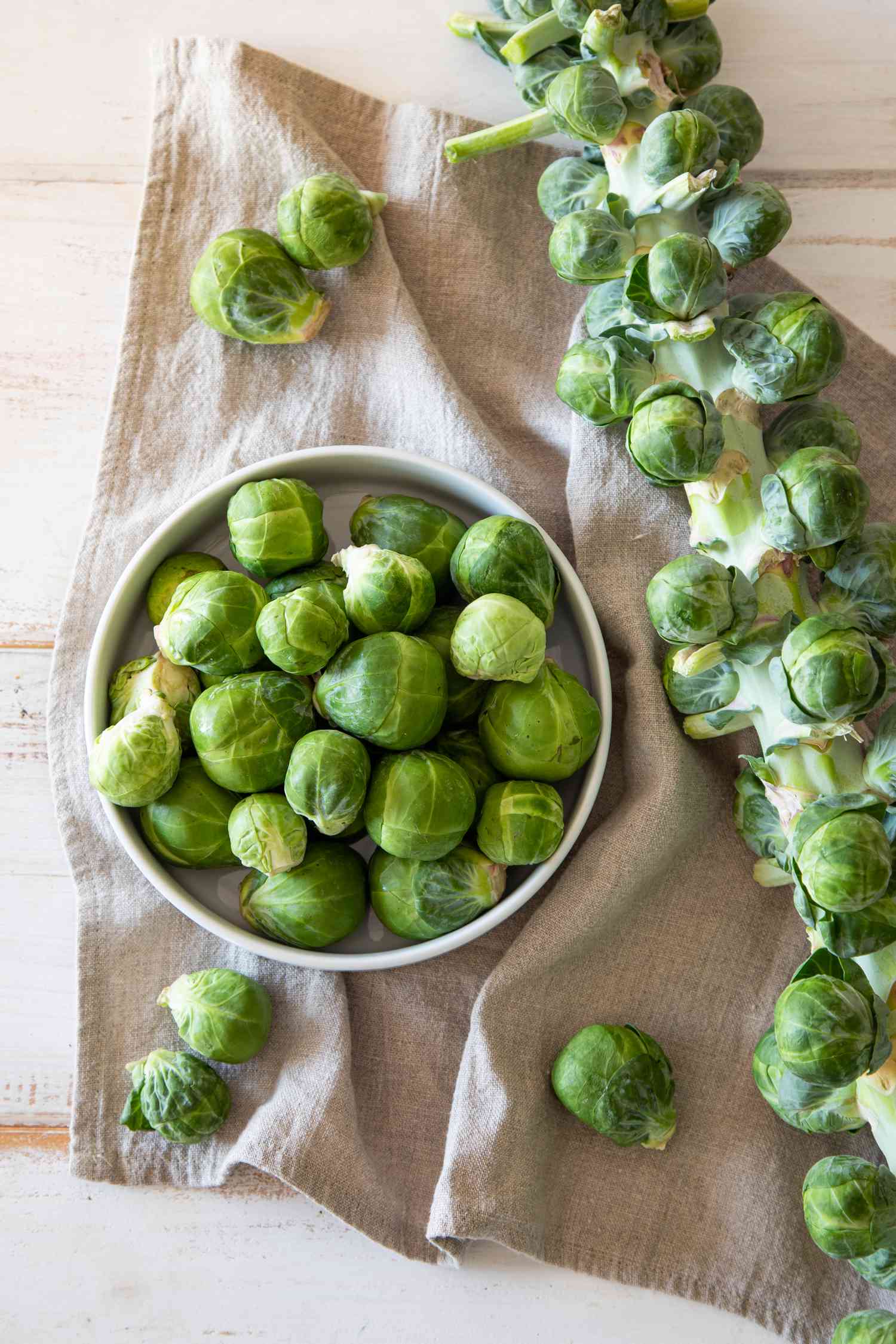
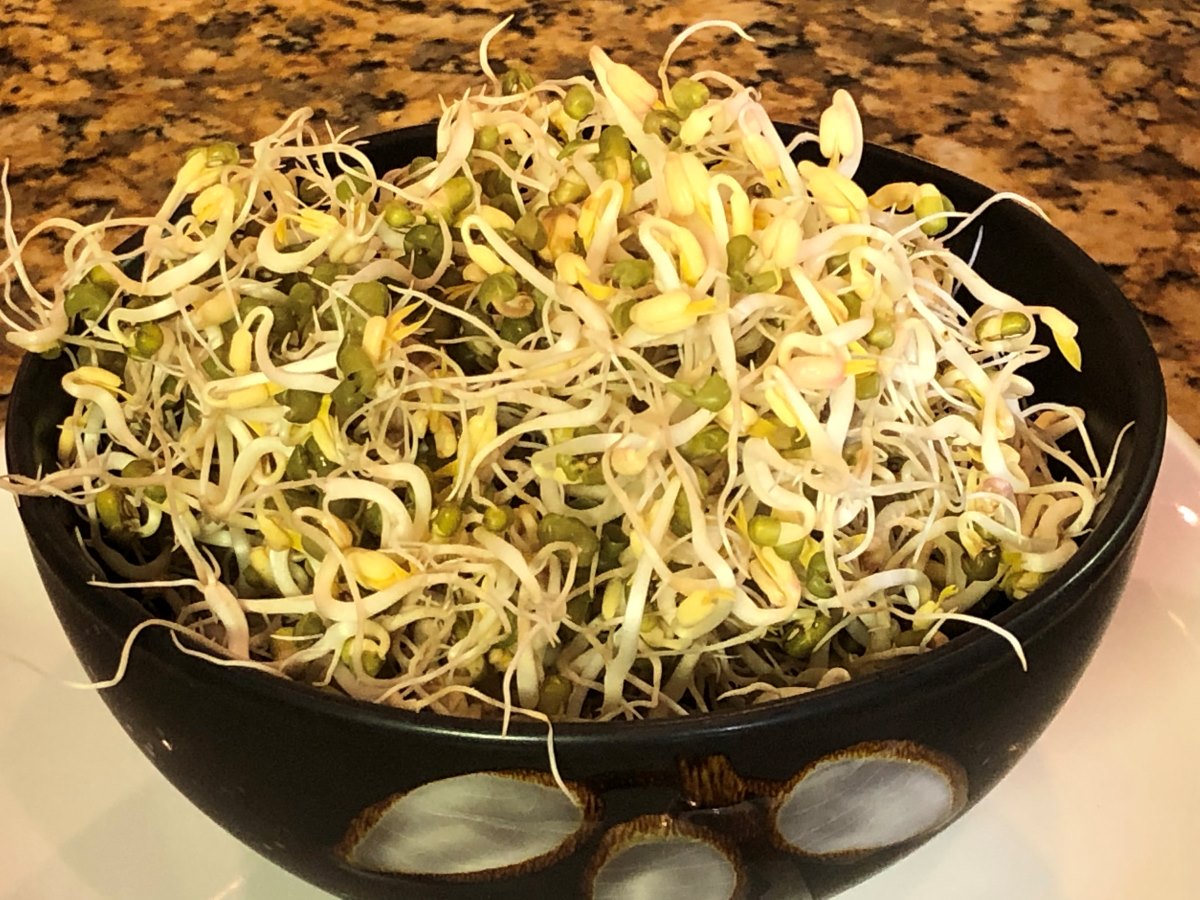
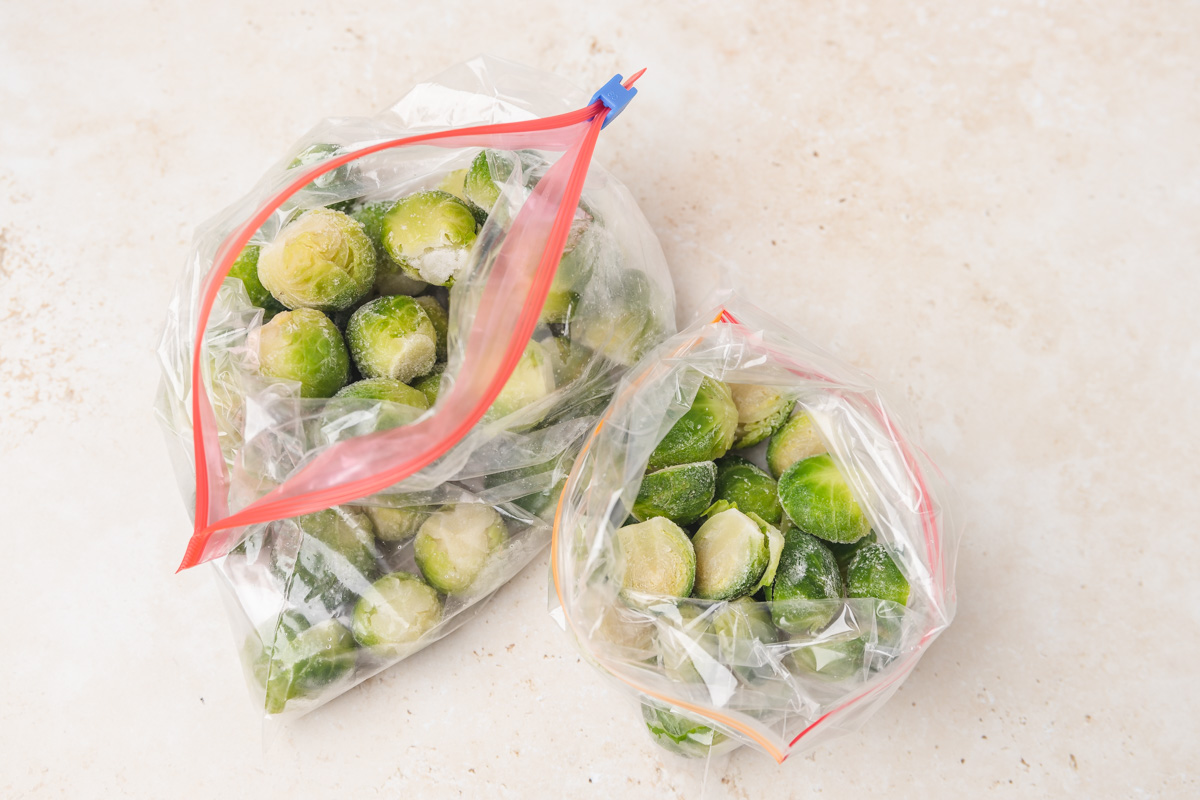

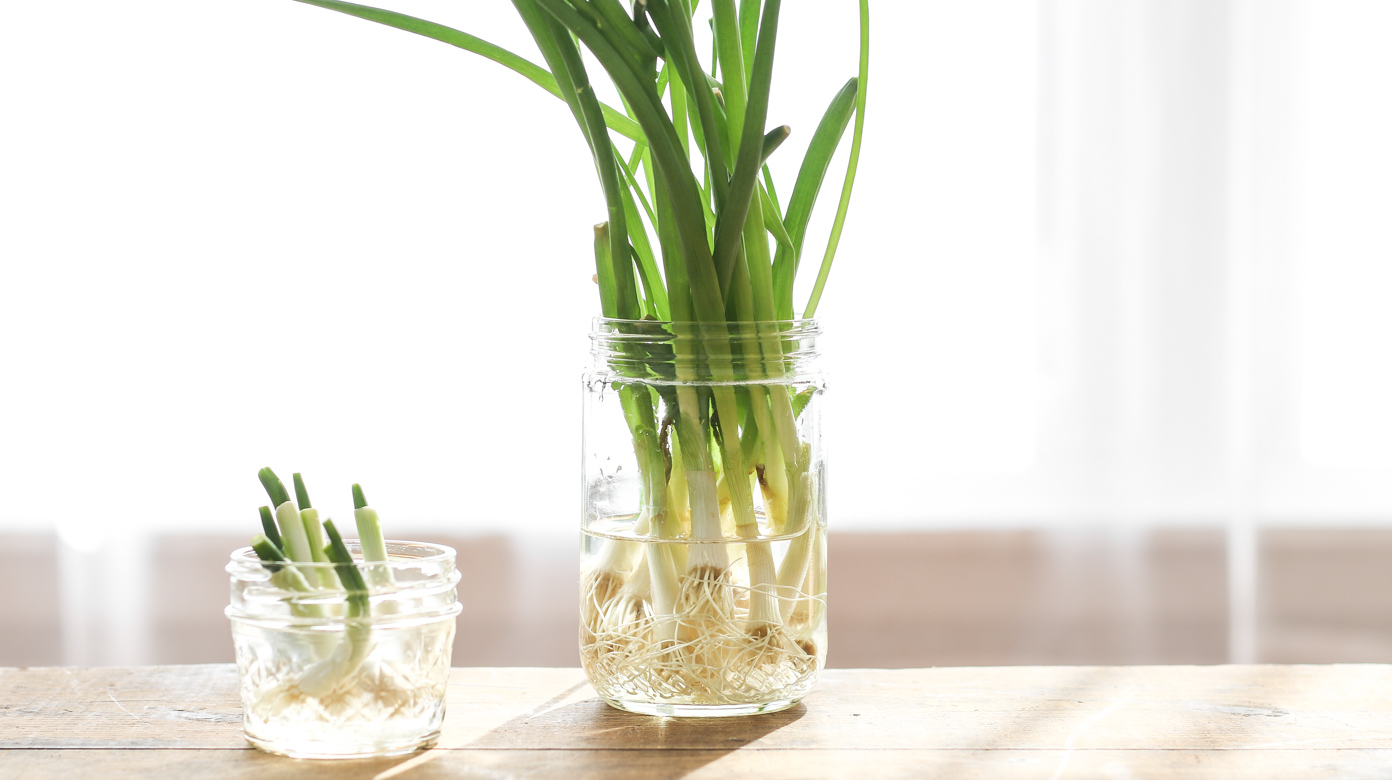
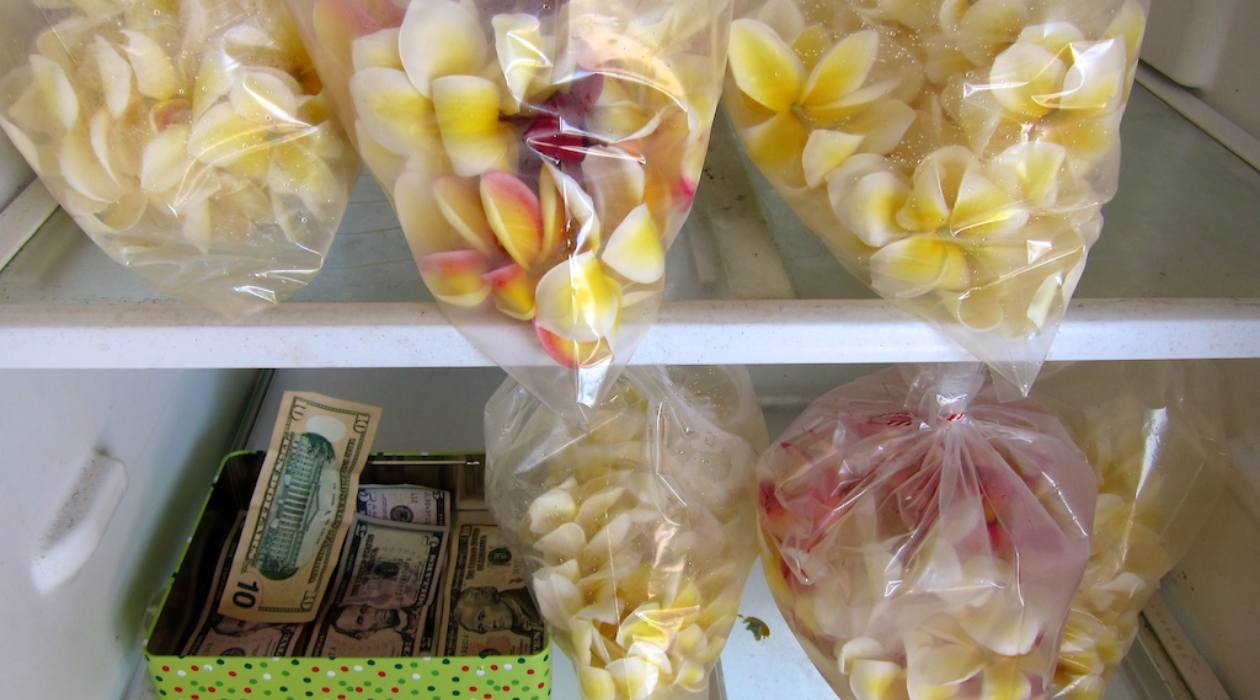

0 thoughts on “How To Store Sprouts In Fridge”